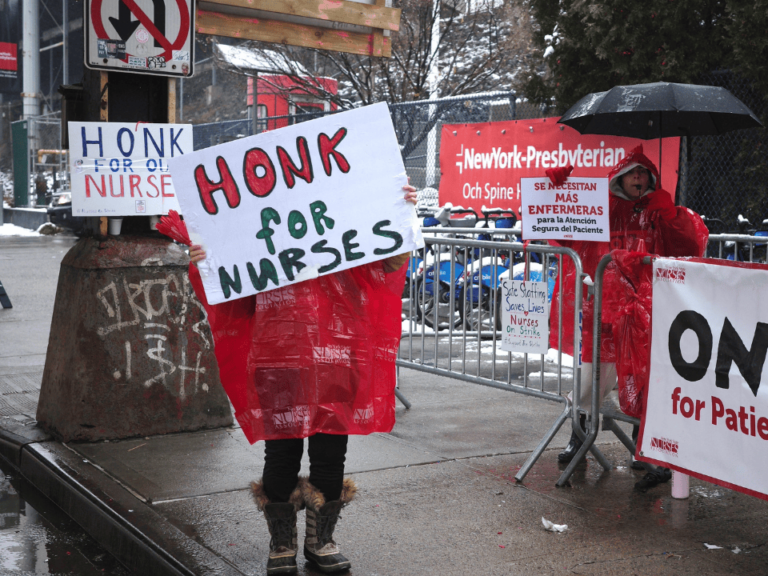Researchers from the Dana-Farber Cancer Institute and the Tisch Cancer Institute at Mount Sinai Medical School showed that the COVID-19 pandemic caused substantial disruption to clinical trials for cancer treatment and care in 2021, although patient recruitment increased in 2021.
To access this subscriber-only content please log in or subscribe.
If your institution has a site license, log in with IP-login or register for a sponsored account.*
*Not all site licenses are enrolled in sponsored accounts.
Login Subscribe
If your institution has a site license, log in with IP-login or register for a sponsored account.*
*Not all site licenses are enrolled in sponsored accounts.
Login Subscribe







